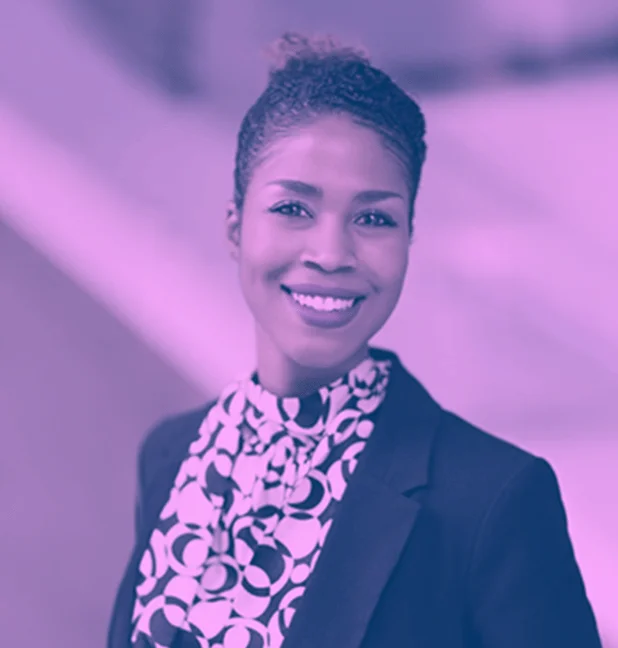

Girls have unique
national security
insights
Girls have unique
[[ national security]]
[[ insights]]

Read Our
Value Statement
WHAT IS
NATIONAL SECURITY?
National security means the safety and resilience of people, communities, and technologies that sustain dignity, democracy, and trust. Career pathways include government, industry, and civil society.
Our Approach
We believe the next generation must shape the systems that shape their lives. Instead of teaching national security as a distant or abstract field, we approach it as a living system that touches every part of their daily lives: technology, work, community, environment, and wellbeing.
We provide a supportive space for young people to explore these systems through design thinking, problem-solving, and collaborative exploration, giving them the tools to analyze how challenges like AI, cyber threats, and resource shortages ripple across communities. Our programs invite participants to map problems, study impacts from multiple angles, and imagine human-centered solutions that strengthen trust, resilience, and opportunity. We prioritize intergenerational approaches that foster community, connectivity, and collaboration.
This approach is especially powerful for girls, young women, and gender minority youth who have historically been excluded from shaping security. By centering their insights and lived experiences, we open space for all youth to lead, design, and innovate in ways that reflect the realities of a rapidly changing world.
Those who most directly experience insecurity and vulnerability offer insights that are essential to building a more resilient and inclusive approach to security.
national security
requires girls
Our
Team
STRATEGIC ADVISORS

Licensed Clinical Social Worker, Argo Community High School

Girl Security Expert in Residence; (Ret.) Senior Analytic Service officer CIA for Counterterrorism; Adjunct Professor at Georgetown University

Principal, Potomac River Strategies, LLC; Former Under Secretary of the Air Force

CEO and Principal, CAS Strategies, LLC

Co-Founder and Managing Partner of WestExec Advisors

Former Principal Deputy Director of National Intelligence, former Deputy Director of the National Geospatial-Intelligence Agency
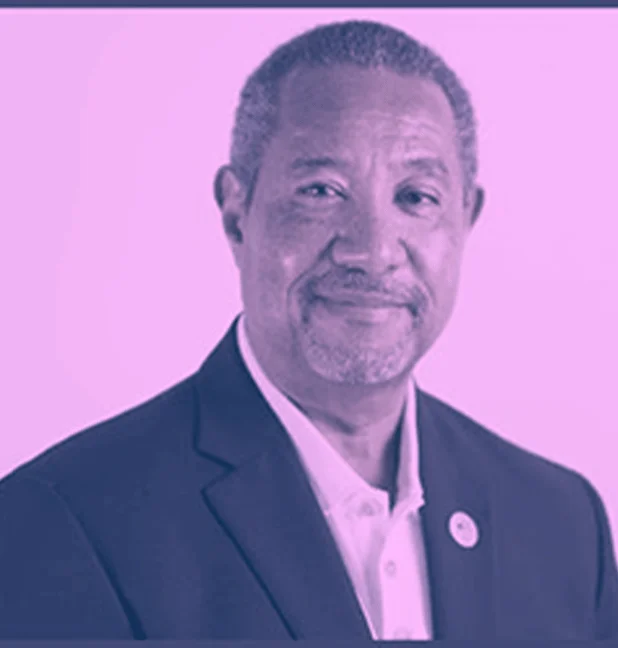
President, Howard Consulting Services | Author, The Art of Ronin Leadership

Director of Washington Programs, Newhouse School of Public Communications, Syracuse University

Vice President, Global Security & Resilience and Chief Security Officer at Levi Strauss & Co.
BOARD OF DIRECTORS
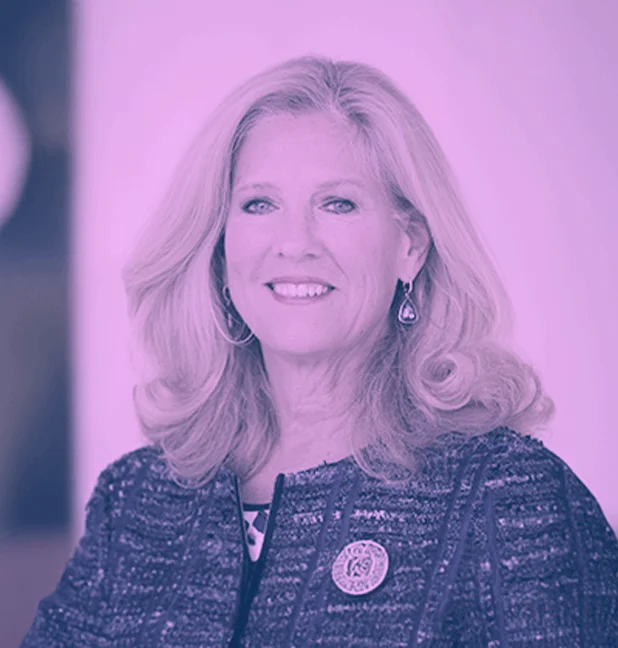
Senior Advisor, Center for Strategic and International Studies (CSIS)
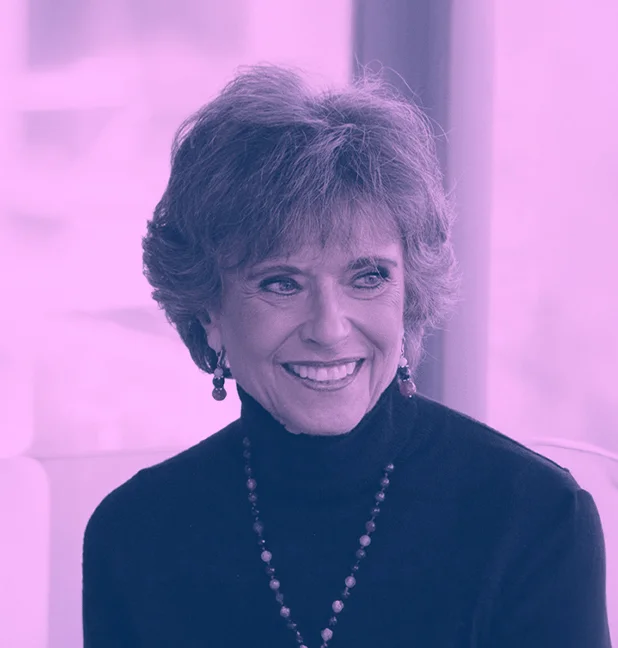

Partner, Jenner & Block LLP

CEO and Executive Director, Silverado Policy Accelerator

Director of Special Projects, William and Flora Hewlett Foundation

General, United States Marine Corps (Ret.)
.png)
Managing Director, Method Capital
ADVISORY BOARD

Strategic Customer Success Manager at Confluent

Multi-Domain Command and Control/Cyberspace Operations Analyst, Booz Allen Hamilton

Program Analyst with MELE Associates at the National Nuclear Security Administration

Founder/CEO of Bits N' Bytes Cybersecurity Education & Co-Founder of GirlCon Chicago

Advisor for Multilateral Arms Control and Nonproliferation, Office of Secretary of Defense for Policy - Countering Weapons of Mass Destruction, Transnational Threats

Policy Program Manager, Stanford Institute for Human-Centered Artificial Intelligence
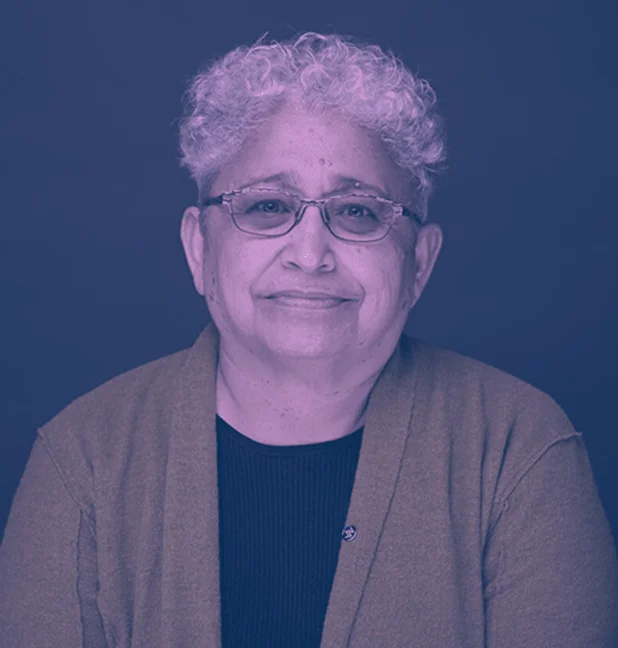
Retired Senior Federal Executive

Management & Program Analyst at the U.S. Department of Energy

Policy Resident at Pink Cornrows & Chief Program Officer of Political Strategy at HBCU Collective




